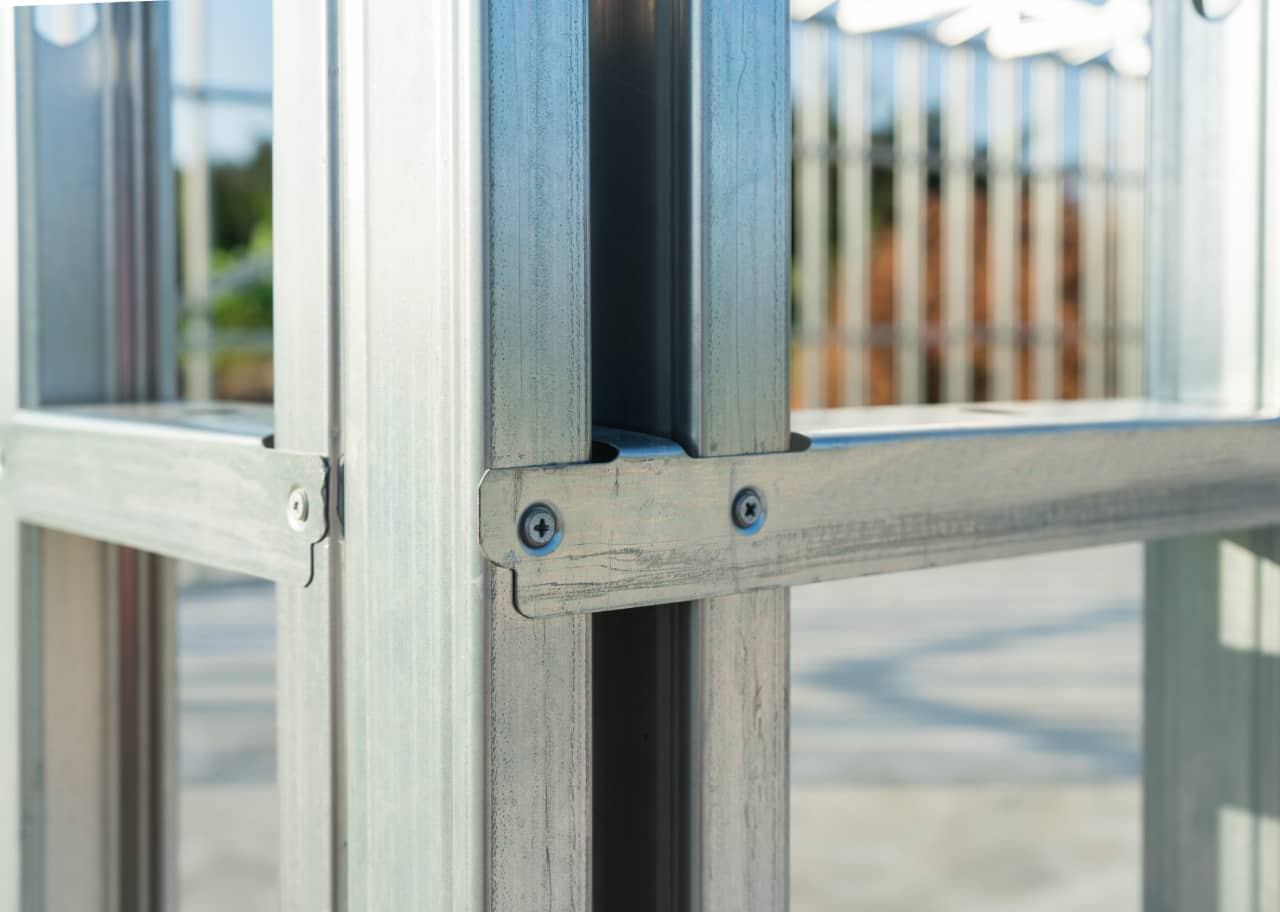In the fast-paced world of international development, construction projects for governments are often viewed as markers of progress. But beneath the impressive blueprints and multinational collaborations, there’s a layer of complex, lesser-known risks that can derail success. The best global construction companies don’t just build—they anticipate, adapt, and solve problems most people never see coming.
Cross-Border Customs Issues Complicate International Project Deliveries
Getting materials across borders sounds simple on paper. In practice, it’s a tangled process of paperwork, inspections, and unpredictable hold-ups. Equipment held in customs limbo can delay entire project phases, pushing deadlines weeks—or even months—beyond schedule. The global construction process demands an understanding of each country’s import laws, port behaviors, and border logistics.
An experienced international construction company doesn’t just ship materials and hope for the best. It establishes pre-clearance processes, builds relationships with customs authorities, and plans redundant supply routes. These tactics protect government construction projects from grinding to a halt due to something as seemingly minor as mislabeled equipment.
Political Transitions Create Contractual Uncertainty for Government Projects
One signed contract doesn’t guarantee stability when a new administration comes into power. Government priorities can shift overnight, and existing agreements may be paused, re-negotiated, or canceled altogether. This uncertainty becomes a hidden landmine in global construction projects, especially in nations with volatile political landscapes.
A skilled international construction company builds flexibility into agreements and maintains close diplomatic awareness. They structure deals that can outlast political shifts and advise stakeholders on potential policy pivots before they happen. That foresight turns fragile partnerships into long-term successes.
Local Community Opposition Influences Project Acceptance and Implementation
Local resistance isn’t always loud or visible—sometimes it’s subtle, yet just as powerful. Community pushback can arise from environmental concerns, cultural disruption, or mistrust of foreign involvement. These sentiments, left unaddressed, can turn into full-fledged opposition, slowing or halting government construction progress.
A thoughtful approach to global construction involves listening first. Successful international teams engage local leaders, hire local workers, and align construction efforts with community values. By integrating rather than imposing, they transform opposition into ownership and gain local support that lasts through the project lifecycle.
Ambiguous Legal Jurisdictions Create Complexities in Project Enforcement
Legal frameworks vary drastically between countries—and even within them. Multiple agencies may claim authority over the same construction site, and unclear jurisdiction can stall decisions for weeks. This confusion not only disrupts timelines but opens doors for legal conflicts that bleed budgets.
Top-tier international construction companies build legal fluency into their operations. They partner with local law experts, set clear dispute resolution paths, and ensure all regulatory agencies are involved from the start. In global government construction, clarity isn’t a luxury—it’s the only way to keep a project enforceable and on track.
Infrastructure Deficiencies Escalate Project Costs and Timelines
In many developing areas, basic infrastructure is either outdated or nonexistent. Roads can’t handle heavy machinery, ports are too shallow for shipments, and power outages halt work for hours at a time. This isn’t just inconvenient—it snowballs into massive budget overages and missed deadlines.
The most successful international construction companies factor in these gaps from day one. They bring in modular energy systems, construct temporary logistics routes, and develop workarounds for every weak link. Government construction in under-resourced areas doesn’t have to stall—if your team knows how to build the road before the road even exists.
Communication Breakdowns Impact Stakeholder Alignment Across Borders
Working across time zones, languages, and cultures creates more than just scheduling headaches. Miscommunication leads to duplicated work, unmet expectations, and frustrated stakeholders. A well-intended update in one region might be misunderstood in another, affecting everything from budgeting to engineering specs.
A global construction team that thrives knows the value of seamless communication. They invest in real-time translation tools, cross-cultural training, and centralized project management systems. This doesn’t just keep everyone on the same page—it fosters trust across continents and ensures decisions are consistent no matter where they’re made.
Security Threats in High-Risk Areas Influence Project Safety Protocols
Some government projects operate in zones marked by political unrest, organized crime, or terrorism. These aren’t just safety concerns—they’re existential risks to personnel and progress. Even minor threats can force costly evacuations or freeze entire construction efforts.
That’s why leading international construction companies treat safety as a strategy, not just a checklist. They conduct full risk assessments, coordinate with local and international security forces, and adjust their timelines based on real-world intelligence. Construction doesn’t stop just because the environment is dangerous—provided the right protocols are built in from the ground up.




